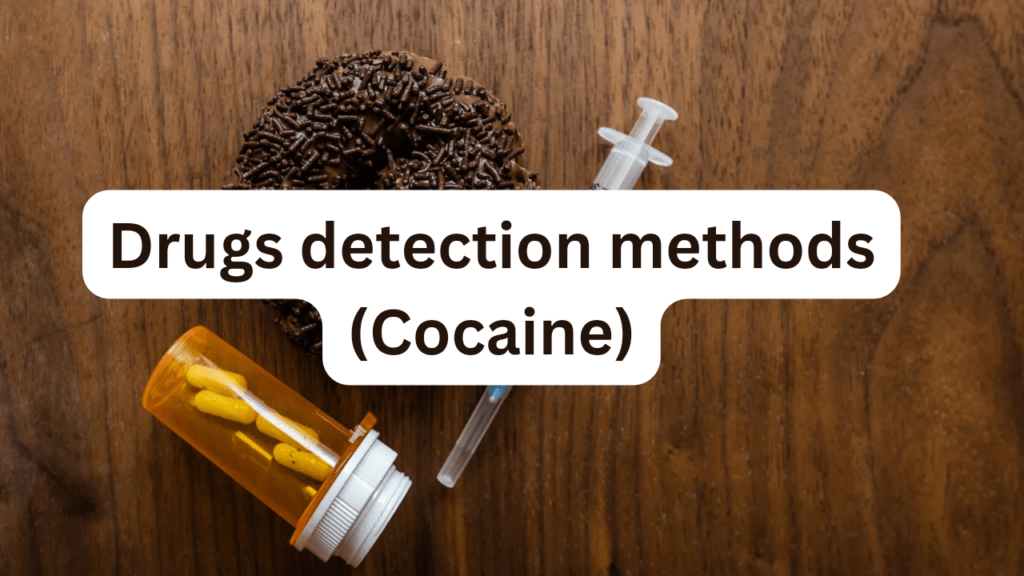Here you will get the answer of your question “How long does cocaine stay in urine”. Its metabolism and factors affect its detection.

Cocaine, a powerful stimulant derived from the coca plant, is known for its intense, short-lived effects. However, its presence in the body can linger long after the high has worn off.
What is the Cocaine Metabolism
Cocaine is broken down primarily in the liver, and its metabolites are excreted through urine.
The primary metabolite of cocaine is benzoylecgonine, which is the key compound used in drug tests for cocaine detection.
How long does cocaine stay in urine
The detection window for cocaine in urine can vary based on several factors.
- Short-term Use: For infrequent or one-time users, cocaine can typically be detected in urine for up to 2-4 days after use.
- Moderate Use: Regular or moderate use may extend the detection window to 4-7 days.
- Heavy Use: Chronic, heavy cocaine use can result in a detection window of up to 10 days or even longer.
What factors affect the Cocaine detection
Several factors can influence the detection times of cocaine in urine:
- Metabolism: Individual metabolism varies, affecting how quickly the body processes and eliminates cocaine and its metabolites.
- Frequency of Use: The more frequently someone uses cocaine, the longer it may stay in their system.
- Dose: Larger doses of cocaine can lead to longer detection times.
- Purity of Cocaine: The presence of adulterants or the purity of the cocaine can influence detection times.
- Body Mass and Hydration: Body weight and hydration levels can impact the rate at which the body processes and excretes cocaine.
- Overall Health: The health of an individual’s liver and kidneys can affect drug metabolism and elimination.
Cocaine Testing Methods
Cocaine can be detected in urine through various drug testing methods, including:
- Immunoassay Tests: These are initial screening tests, which are less expensive but may yield false positives.
- Gas Chromatography-Mass Spectrometry (GC-MS): This is a confirmatory test used to verify positive immunoassay results.
- High-Performance Liquid Chromatography (HPLC): Another highly accurate method for cocaine detection.